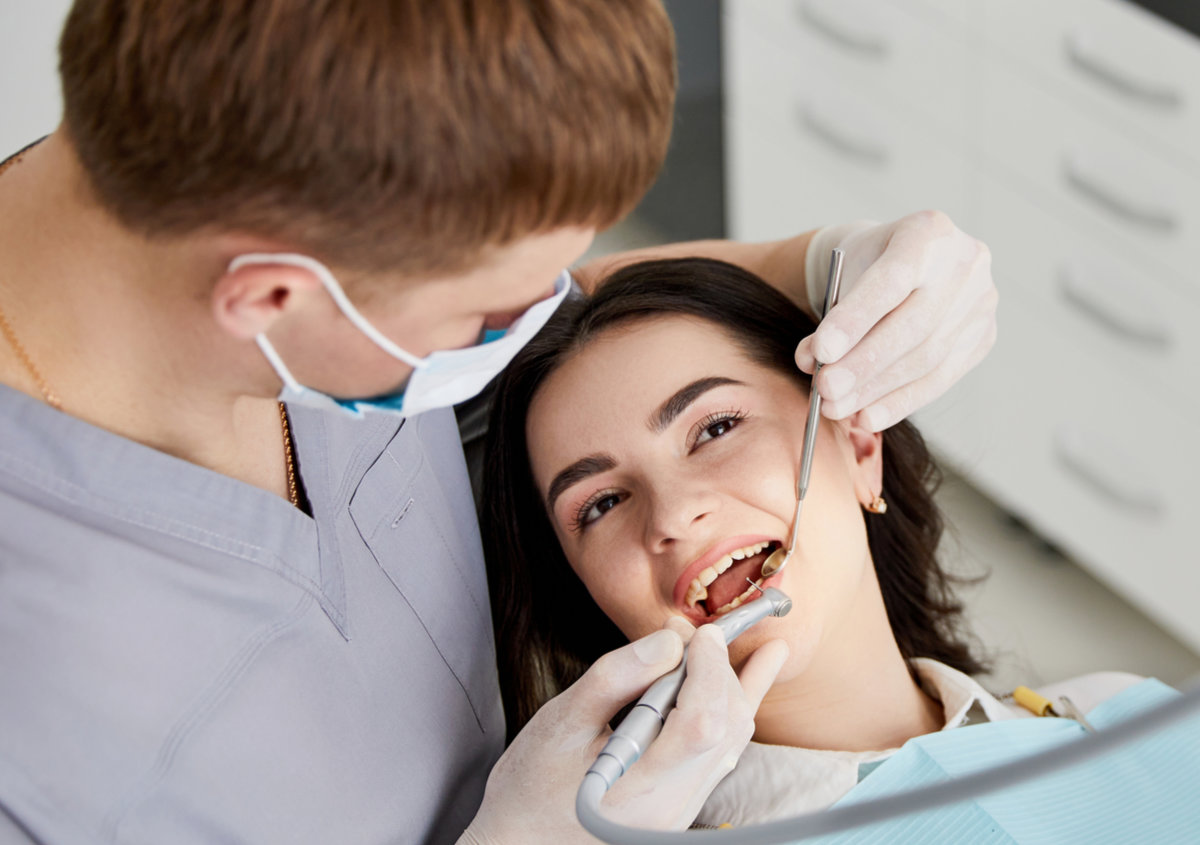
29
Jul
Signs and Symptoms of Oral Cancer

No one wants to hear the word “cancer.” But thanks to advances in detection and treatment, the disease increasingly can be stopped in its earliest stages when it’s most treatable and outcomes are most favorable. Oral cancer accounts for a relatively small 3% of cancers in men and 2% in women, but early detection rates are lagging. Our office screens for oral cancer as part of your regular checkups. Knowing some of the signs and symptoms can help you monitor as well.
The main areas where oral carcinomas (cancers) occur are:
- the tongue (most common location, particularly the sides and on the floor of the mouth),
- the lip (especially the lower one),
- the oral cavity (the mouth), and
- the pharynx (back of mouth and throat).
Request an Appointment
Early Signs
Most oral cancers are preceded by surface changes (lesions) of the oral membranes. In the “precancerous” stage, white or red patches start forming and a non-healing ulcer may appear. The most common locations on the tongue for this to occur are on the sides and underneath on the floor of the mouth. Lip cancers typically develop on the lower lip, usually in people with a history of sun exposure. There has often been prior damage at the site such as scaling and crusting.
Be aware that oral cancers can be mistaken for cold and canker sores, ulcers, minor infections, and even irritations caused by biting or certain types of food. If lesions don’t heal within two or three weeks, there’s a higher likelihood that they are cancerous.
An in-office examination includes the following:
- visual inspection of face, lips, neck and mouth;
- inspection of sides and underneath of tongue and floor of mouth using gauze to gently manipulate the tongue;
- palpation of the floor of the mouth, sides of neck and glands to detect unusual lumps; and
- an “open wide and say ‘Aah’” examination of the back of your throat.
There are some risk factors for oral cancer that can’t be controlled, such as a family history, age and race. But awareness, monitoring for potential signs and seeking prompt attention are always key ingredients in protecting your oral health!
If you would like more information about oral cancer detection, please contact us or schedule an appointment for a consultation. You can also learn more about this topic by reading the Dear Doctor magazine article “Oral Cancer.”
This website includes materials that are protected by copyright, or other proprietary rights. Transmission or reproduction of protected items beyond that allowed by fair use, as defined in the copyright laws, requires the written permission of the copyright owners.
Share this Article
What Our
Patients Say
We always want to assure that our patients receive great care and have good experience when they come to see us.


